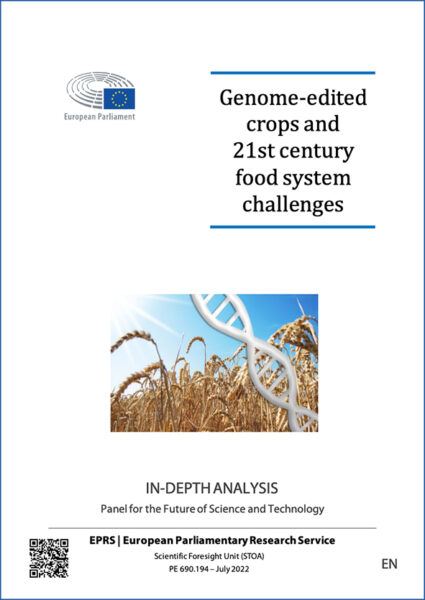Whereas in Europe, several countries (including France) regard human cloning as a violation of a basic taboo, and therefore ponder, hesitate and consult with their ethics committees, the Americans have forged ahead without worrying unduly. Clearly, attitudes to innovation are quite different in the Old and New Worlds. Since the “last frontier” was reached and the whole continent occupied from the Atlantic to the Pacific, the United States has always treated technological innovation as a new frontier, and science itself has become, as in the title of the report that Roosevelt commissioned from his scientific adviser, Vannevar Bush, “the endless frontier”. It is therefore not surprising that the commercialization of cloning should already be a topic for economic analysis in the United States.
One might assume that two articles put out by the deeply serious United Press International, under the by-line of its equally serious economics editor, were written tongue in cheek. Nevertheless, even if they belong in Brave New World, they highlight the hopes raised by the economics of eugenics.
Of the three possibilities discussed -human cloning, manipulating embryos in order to perfect or get rid of certain characteristics, and producing human beings by entirely artificial means- none can be ruled out as feasible within the next five to ten years, but the markets linked to each of these differs enormously in terms of likely yields and productivity. The cost of human cloning is doubtless prohibitive, even though Martin Hutchinson says one should not underestimate the power of human vanity as a marketing factor. On the other hand, manipulating human embryos in order to detect and avoid certain hereditary diseases, or to enhance the intelligence, sporting abilities or physical beauty of a future child opens up a much larger market, with many economic spin-offs. In the 16th century, indulgences sold by the Church enabled people to buy a soul and salvation. The business of genetic engineering will enable people to buy a body with the attributes and the fantasies of perfection, perpetual good health or immortality: isn’t the clone-boom the real New Economy?
Le boom de la gène-économie. Le marché des clones, ou l'avènement de l'homme-dieu
Cet article fait partie de la revue Futuribles n° 264, mai 2001


